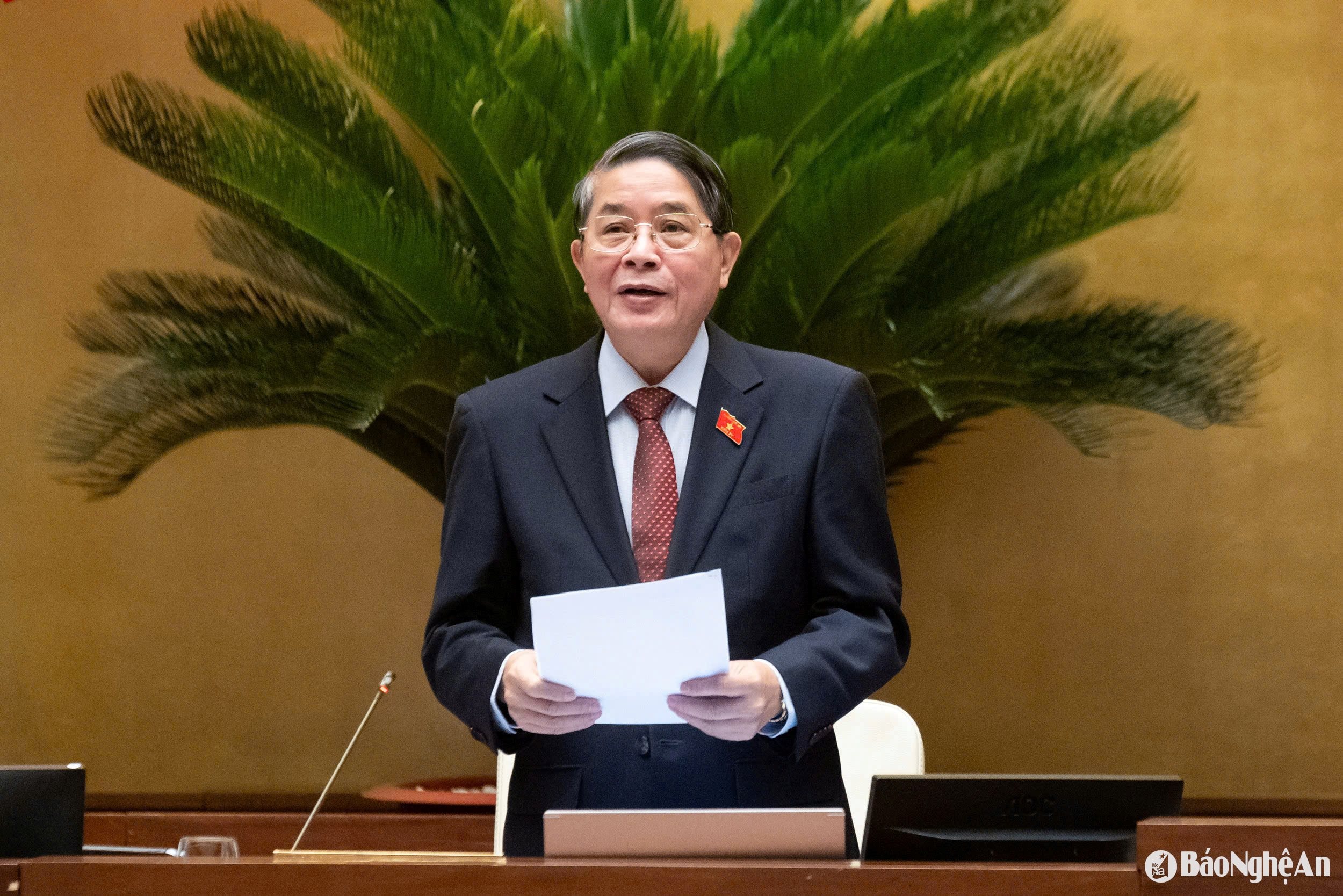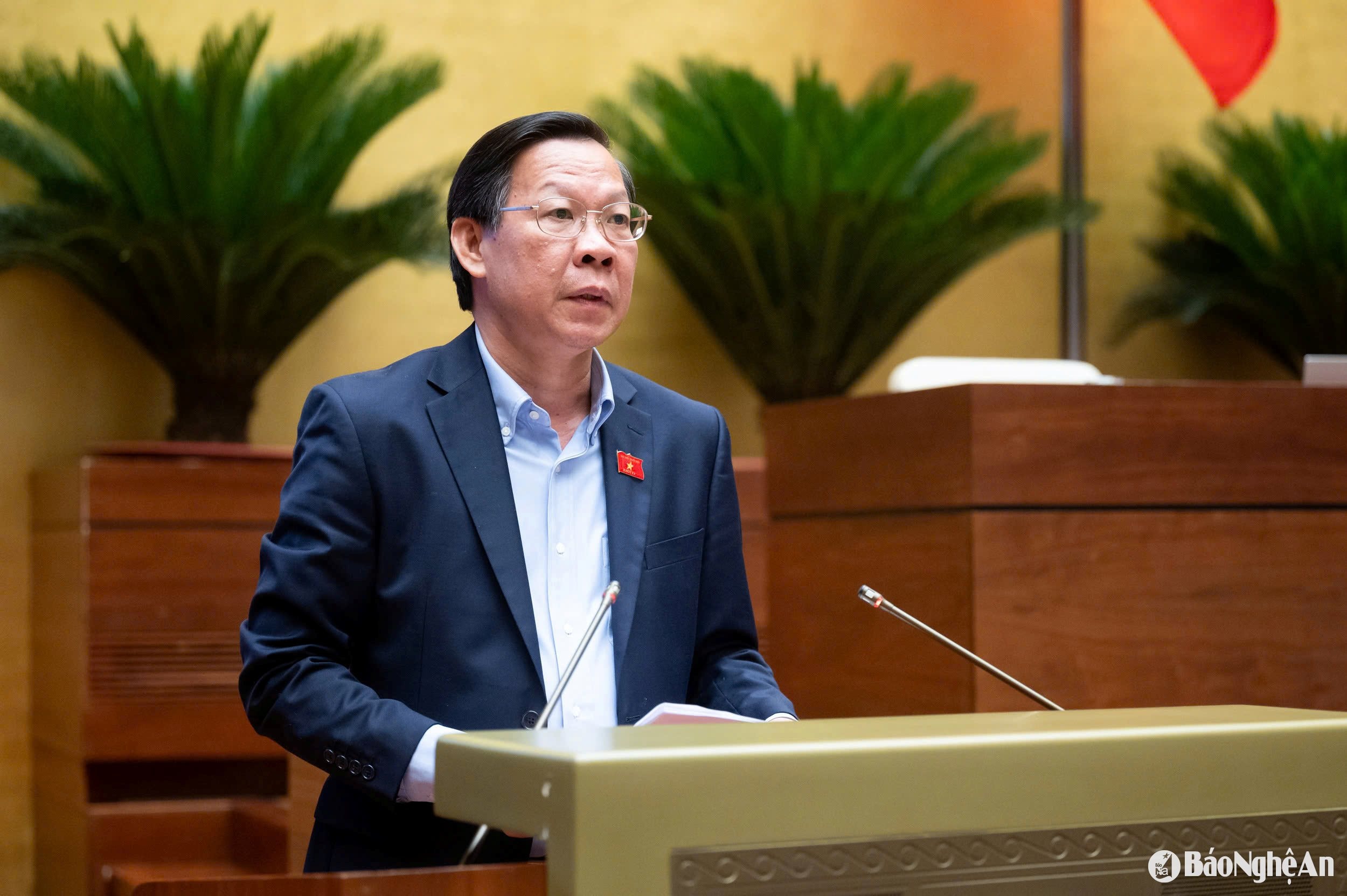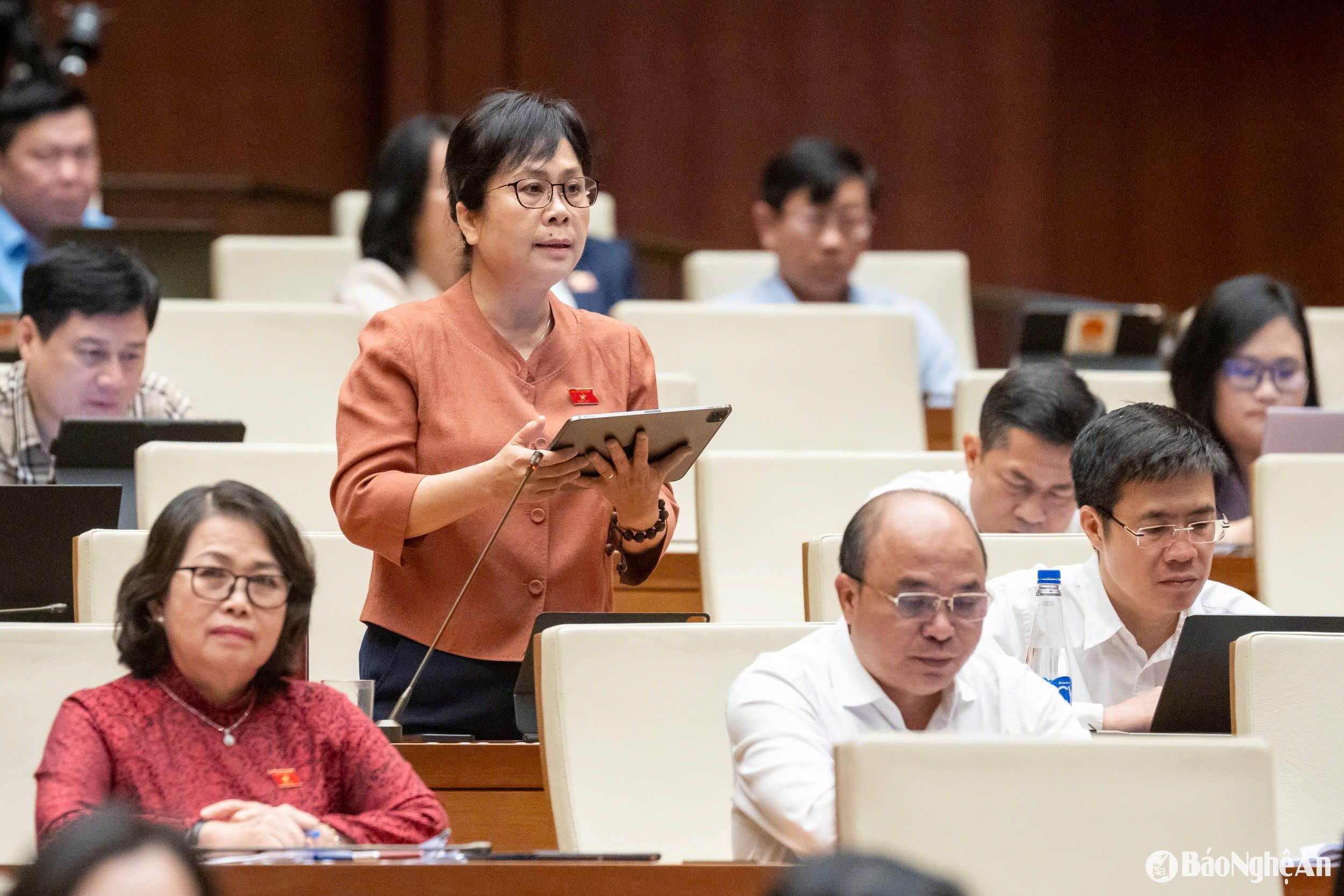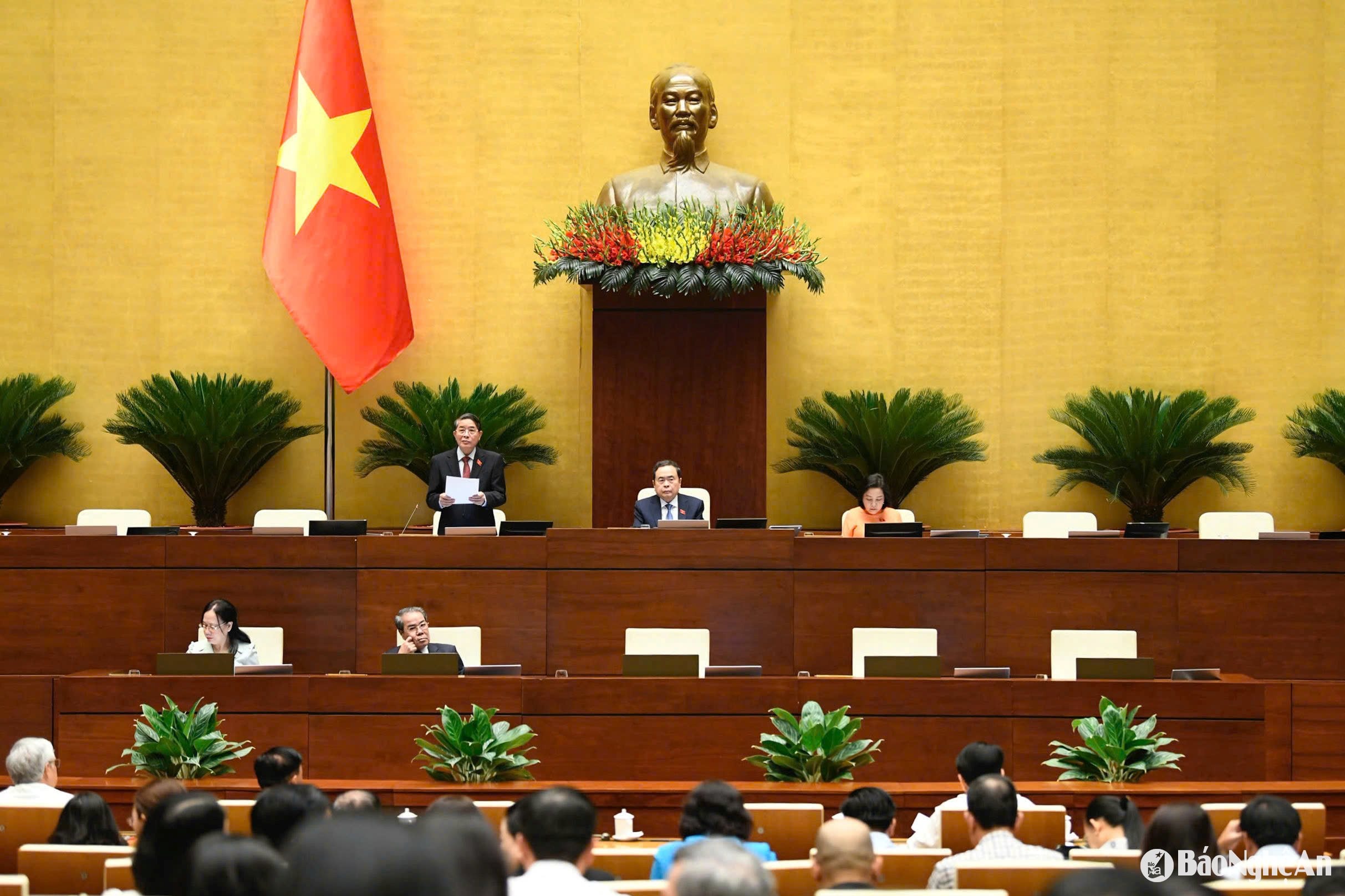The National Assembly discussed the Draft Law on Corporate Income Tax (amended)
On the morning of May 12, the National Assembly discussed the Draft Law on Corporate Income Tax (amended), in which many tax incentives were adjusted to encourage investment, promote innovation and support some specific fields.

Chairman of the Economic and Financial Committee Phan Van Mai said: The reception and revision of the Draft Law aims to institutionalize major policies and, at the same time, create conditions for businesses to develop sustainably in the context of transforming the growth model.
A notable new point is the regulation allowing businesses to deduct additional expenses, higher than the actual expenses, for research and development (R&D) activities when determining taxable income. This is an important step in promoting businesses to invest in science and technology and innovation - key factors to improve competitiveness in the digital economy. The Government will specify the expense levels, conditions and scope of application to ensure flexibility in implementation.

In addition, funding for scientific research, innovation, digital transformation and technology development will also be considered reasonable expenses when calculating taxes. Expanding this incentive scope encourages businesses to accompany the State in developing knowledge infrastructure, supporting activities that are fundamental for sustainable development.
The draft Law also adjusts tax policies for the press sector, applying a uniform preferential tax rate of 10% to all types of media, instead of only print media as before. This provision demonstrates the Party and State's attention to press activities in the context of digital transformation, while at the same time creating conditions for press agencies to stabilize their finances, improve content quality and transmission methods.
For the digital technology industry, the draft adds tax incentives to align with the industry's development orientation, while ensuring consistency with the Law on Digital Technology Industry that is being developed. This contributes to shaping a legal corridor to support domestic technology enterprises to grow strongly.
To encourage investment expansion, the draft still maintains the tax exemption and reduction policy for additional income from expansion investment projects, even when the main project's preferential period has expired. However, preferential tax rates will not be applied to these amounts, to ensure transparency and avoid different interpretations.
These tax incentive adjustments not only aim to reduce the financial burden on businesses, but also demonstrate the mindset of using tax policy as a tool to support development, encourage innovation and contribute to perfecting the modern, integrated market economic institution.
After listening to the reports of acceptance and explanation, many delegates spoke up to discuss and debate. Delegate Nguyen Van Chi - Vice Chairman of the National Assembly's Economic and Financial Committee debated a number of contents related to tax policies for public service units, such as schools and hospitals.

Accordingly, the delegate from Nghe An provided some additional information to clarify the current tax collection mechanism, in order to avoid misunderstandings during policy discussions. Currently, public service units do not have to pay corporate income tax on revenues from public service provision activities such as tuition and hospital fees. These revenues are often collected through receipts, without issuing invoices and, according to regulations, are not considered taxable revenue.

However, for revenues from joint ventures and associations with outside parties, that is, outside the scope of public duties, only corporate income tax is applied, with a rate of 2% on revenue from association activities. In this case, the method of calculating tax based on income minus expenses is not applied, but only calculated directly on revenue, without deducting expenses or depreciation. Therefore, the opinion that tax is calculated according to the "income minus expenses" method is not accurate in the current tax context for public service units.
